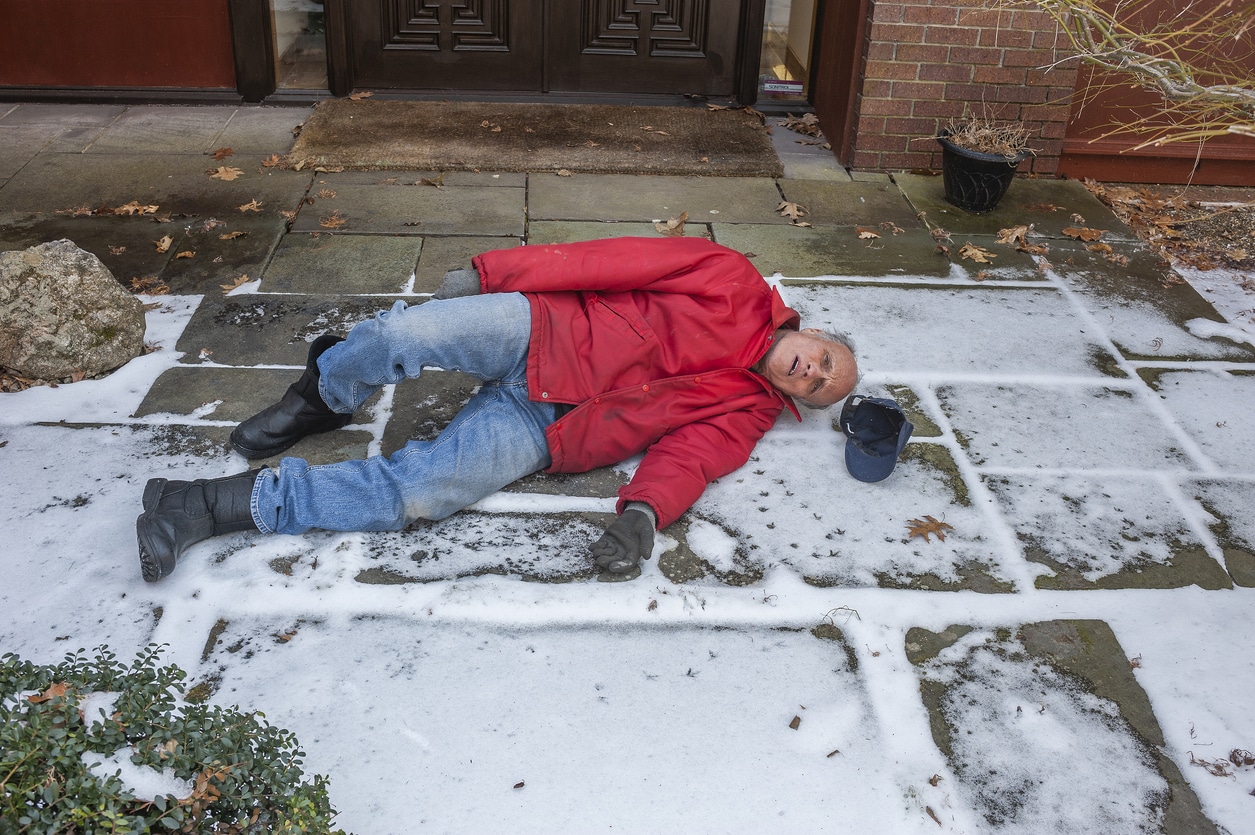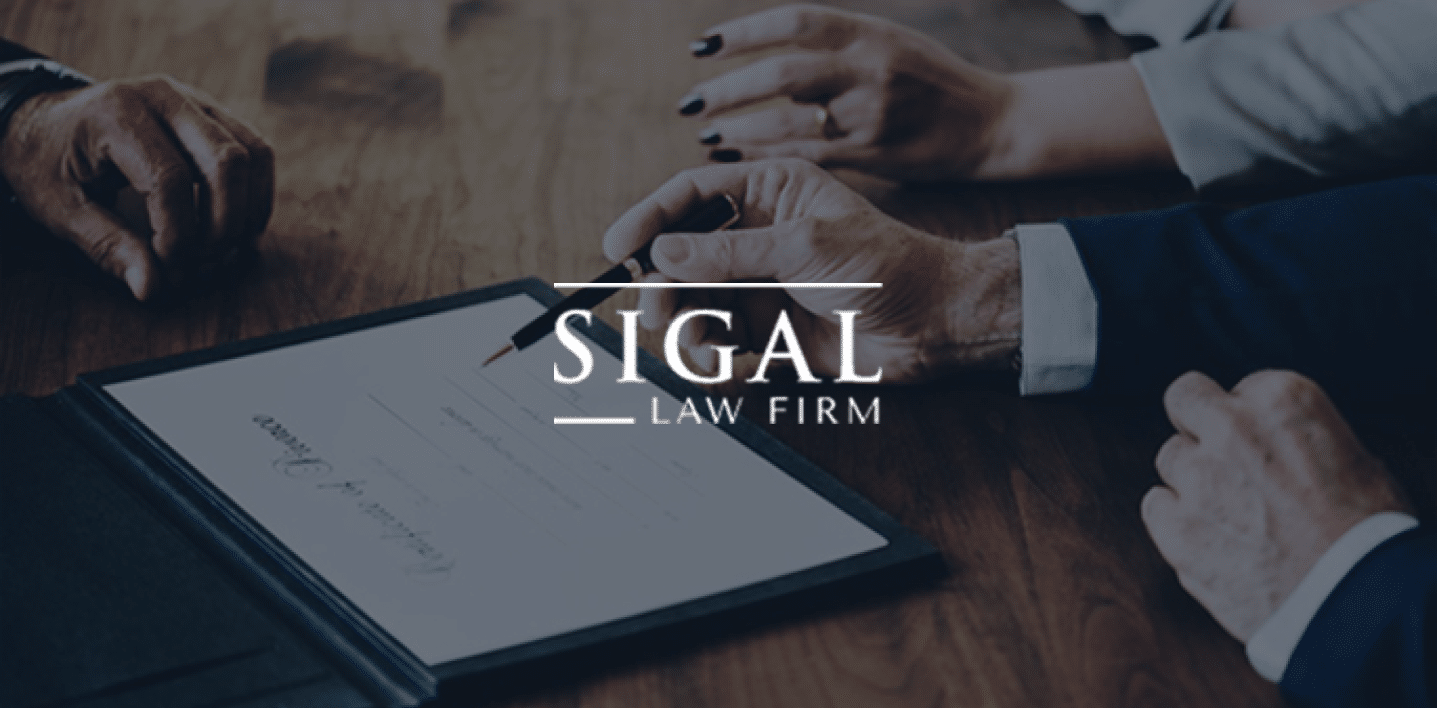Can You Take Your Landlord to Court if You Slipped and Fell on Ice?
Ice and snow can accumulate rapidly during Michigan winters and may lead to dangerous accidents that can cause bruises, broken bones, head trauma, and other serious injuries. But what can you do if you’ve slipped and fallen because your landlord has failed to clear ice from frequently traveled areas around your rental property? Determining liability in these situations can prove challenging, so reaching out to a compassionate Michigan slip and fall attorney who can advise you and advocate for your rights is vital.
What Are the Duties of a Michigan Landlord?
As outlined in MCL § 554.139, landlords have a general duty to maintain their properties in a reasonably safe condition for tenants and visitors. The landlord’s responsibilities include ensuring that common areas such as sidewalks, walkways, parking lots, and stairways are free from hazards like excessive ice and snow. If property owners do not take proper actions to keep common areas fit for their intended use, they may be held accountable for injuries resulting from their negligence.
Many Michigan cities also have local ordinances that require property owners to clear and salt sidewalks and walkways adjacent to their properties within a specified timeframe after a snowfall to ensure pedestrian safety. Failure to comply with these local laws can result in fines and may also influence liability in slip and fall cases. When determining if a landlord may be liable for a tenant’s fall on the ice, the court may consider factors including:
- Whether the landlord had notice of the icy condition
- If the landlord or property manager took adequate steps to address the hazardous condition
- Whether the tenant contributed to their own injury by failing to use caution
How Might Your Lease Agreement Impact the Landlord’s Responsibilities?
It’s crucial to carefully inspect and understand the terms of your lease agreement prior to signing so you are aware of any stipulations regarding snow and ice removal. In some cases, especially with single-family homes or certain rental contracts, the lease may specify that tenants are responsible for clearing snow from listed areas. If you fall due to ice accumulation in one of these areas, it may be challenging to sue your landlord for damages. However, even if the lease assigns the responsibility for snow and ice removal to tenants, landlords may still be liable for the upkeep and clearing of common areas unless explicitly stated otherwise. Resolving who is liable for a fall on ice at a rental property can be complex, so it is recommended to consult with a knowledgeable premises liability attorney to understand your legal rights.
How Could Recent Changes to the Interpretation of Michigan’s “Open and Obvious” Doctrine Impact Your Slip and Fall Case?
Historically, Michigan property owners have often utilized the “open and obvious” doctrine as a defense in slip and fall cases involving snow and ice. Landlords generally were not held liable by the court for injuries from slips and falls on ice if the hazard was visible upon casual inspection or should have been anticipated by the tenant. The court did make exceptions for injuries caused by essentially unavoidable conditions. For example, if the only exit from an apartment requires the tenant to traverse an icy stairway, the obviousness of the hazard may be a moot point because there is nothing the individual can do to avoid it.
However, a 2023 ruling by the Michigan Supreme Court has shifted case law and made it easier for more accident victims to pursue damages. In a modification to the previous doctrine, the court ruled that even if a hazard is open and obvious, juries should consider whether the property owner should have also seen the dangerous condition, anticipated harm, and taken precautions. Under this interpretation, the landlord is not absolved of their duty to keep their tenants reasonably safe simply because a danger was clearly visible.
How Can Your Actions Before and After the Accident Affect Your Claim?
While the Michigan Supreme Court ruling marks a significant change that may lead to more favorable outcomes for tenants in future slip and fall cases involving ice on rental properties, landlords can still argue for reduced settlements based on the victim’s liability. Under Michigan’s modified comparative fault law, a plaintiff’s damages will be reduced in proportion to the percentage of fault attributable to them. At 51% fault, the plaintiff is barred from recovering non-economic damages, including pain and suffering.
Even if the injured individual is found to be 51% or more at fault, they may still seek economic damages, such as lost wages and medical expenses. However, these amounts will be reduced based on the plaintiff’s responsibility for the accident. As a simplified example, the court may rule that a victim was 60% liable for slipping on an icy patch in their apartment building’s parking lot because they were wearing shoes with no tread. If this plaintiff had $100,000 in economic damages, their award would be reduced by 60% ($60,000), and they would only be eligible to recover $40,000.
How Can You Maximize Your Potential Recovery Amount?
Building a strong claim is essential to recovering full compensation for your slip and fall accident. Taking the following steps can help bolster your case and protect your rights:
- Get an immediate medical evaluation: See a doctor as soon as possible to assess your injury and receive care. Follow all treatment plans and keep subsequent appointments
- Report the accident: Make a written report to your building manager or landlord and make a copy or take a photo for your records
- Preserve evidence: Promptly document the accident scene, your footwear, injuries, medical records and bills, the contact information of witnesses, and any other relevant information that could support your case
- Contact a trusted personal injury attorney: Your attorney can advise you on your next steps and ensure you meet all filing deadlines for your claim
How Can Our Experienced Legal Team Assist You?
When you are renting, your landlord has a duty to maintain the property in a way that protects you from unreasonable harm. In many situations, this includes keeping common areas free of ice and snow accumulations. If you have suffered injuries from a fall due to neglected ice buildup at a rental property, you may be eligible to file a premises liability lawsuit against your landlord for their harmful negligent behavior.
A fall on ice can cause serious bodily injuries and may result in financial challenges and lasting damage for victims. Our skilled lawyers at Sigal Law Firm can evaluate your case and help you navigate the often complex claims process to recover the compensation you are entitled to. To schedule your free consultation, contact our firm online or by calling 248-671-6794.















